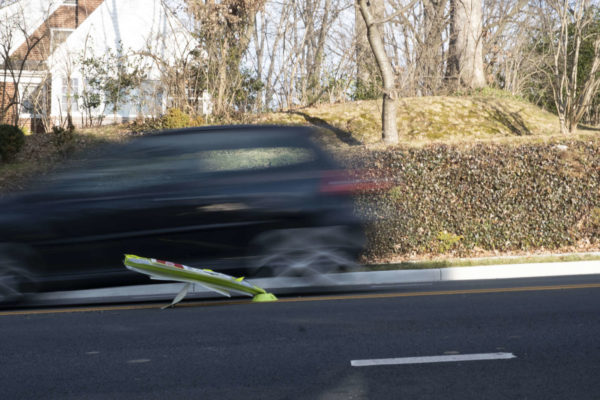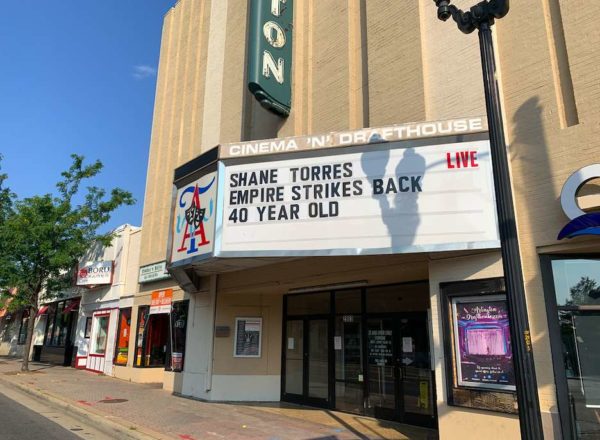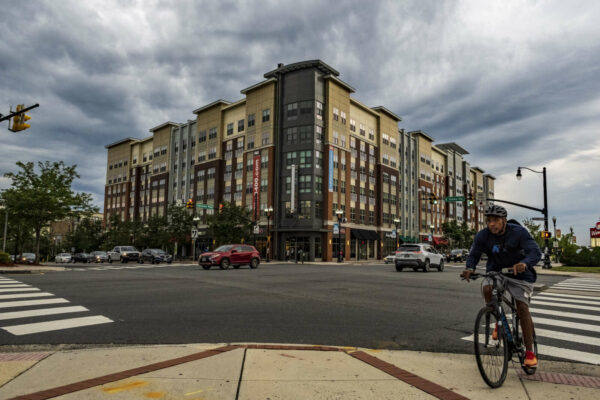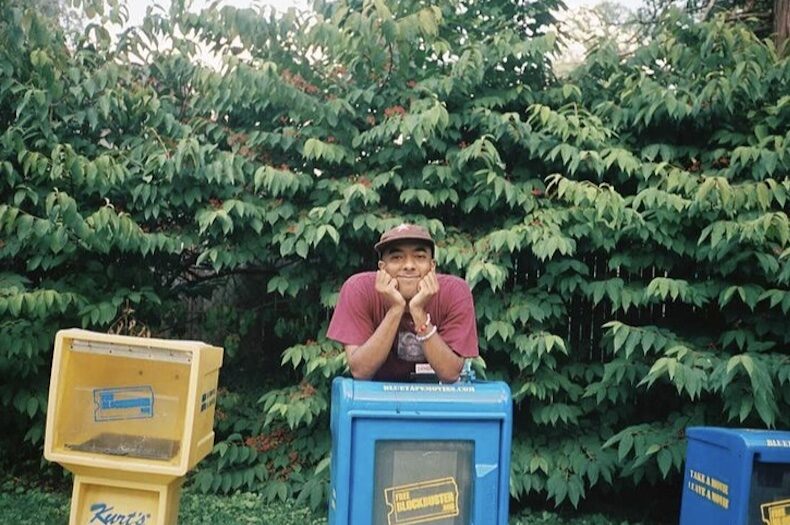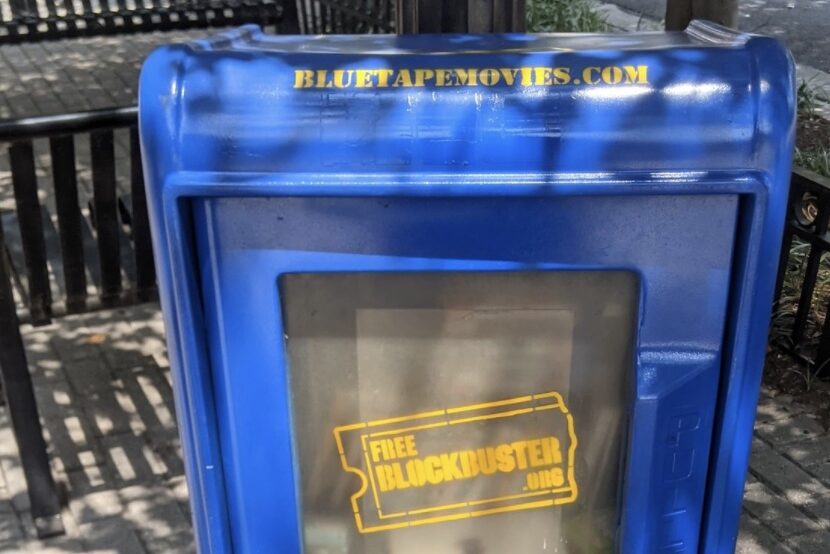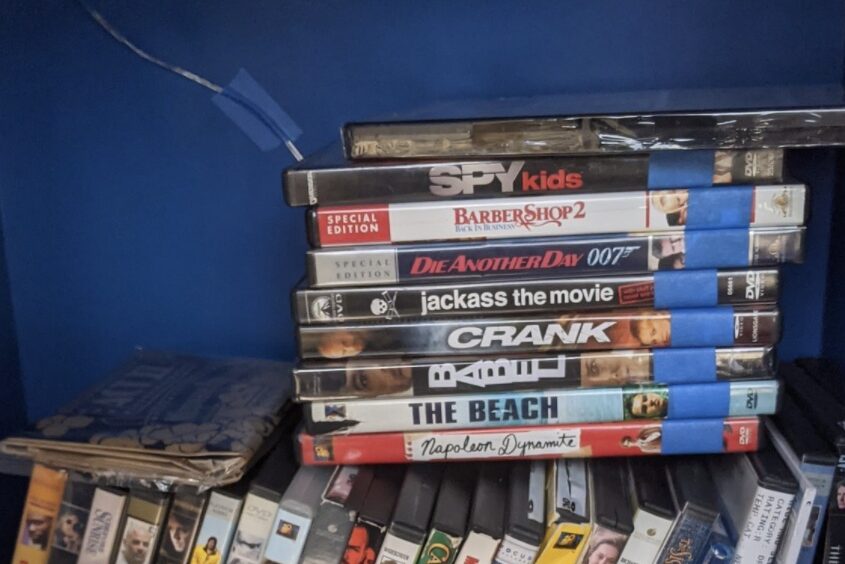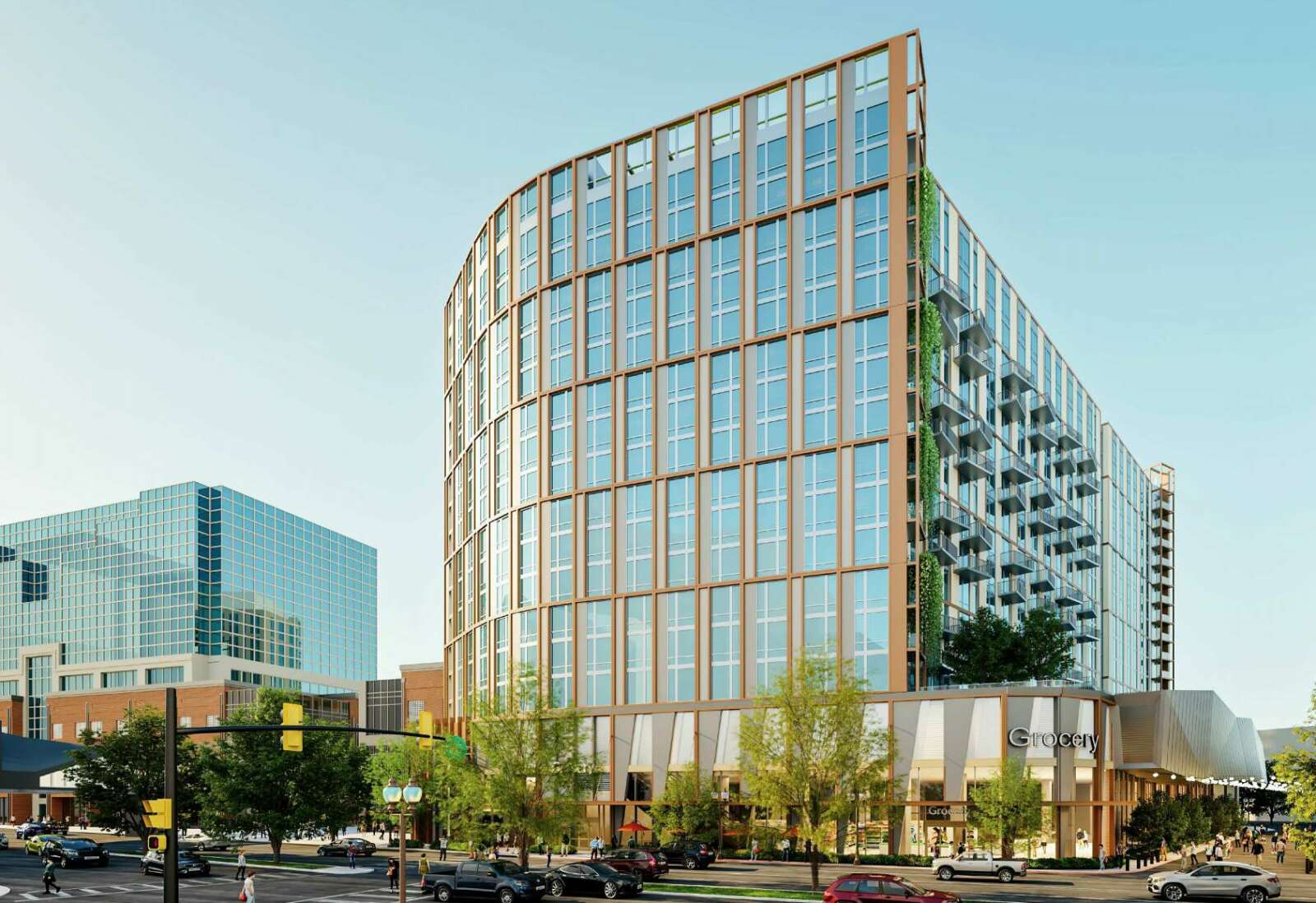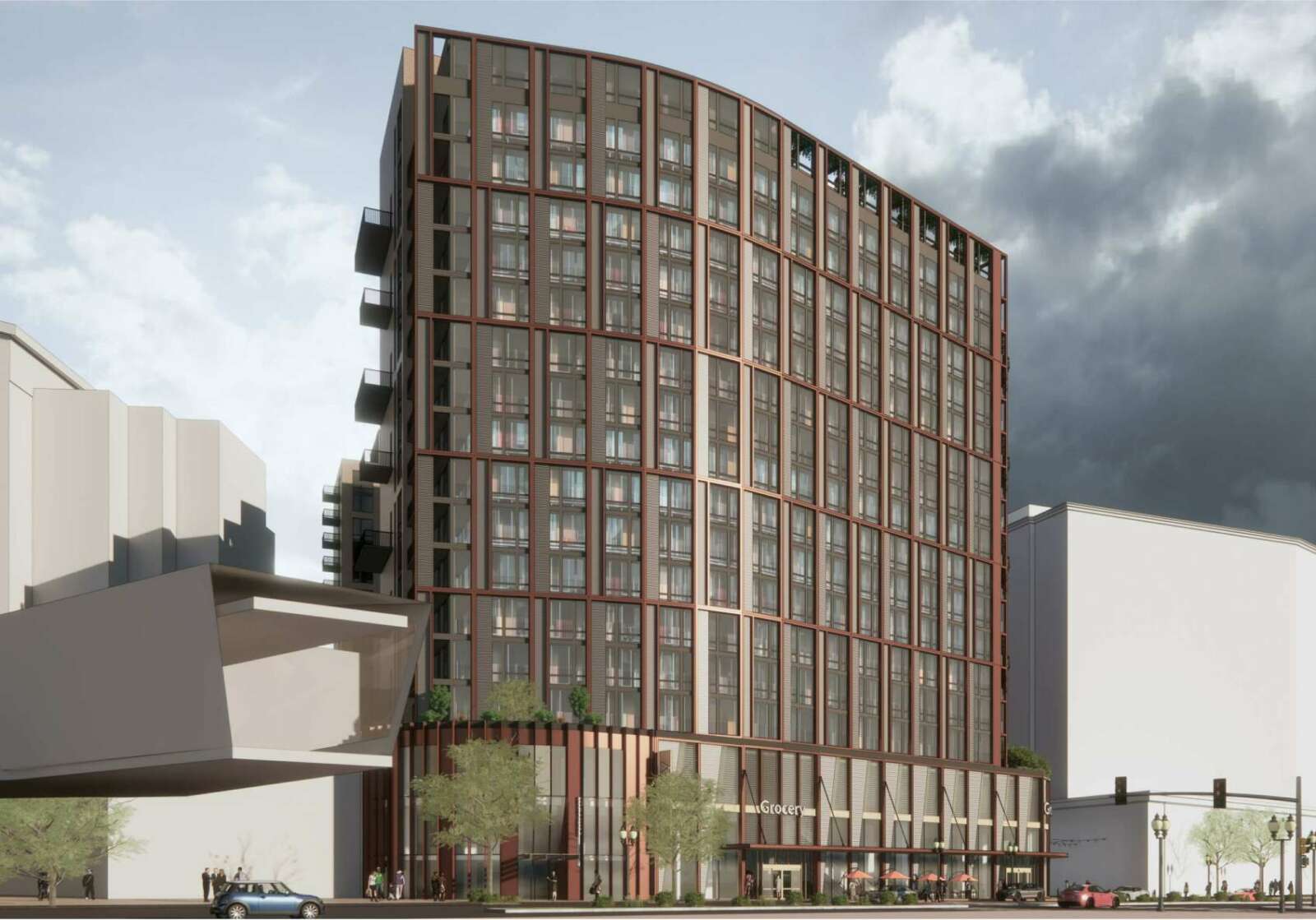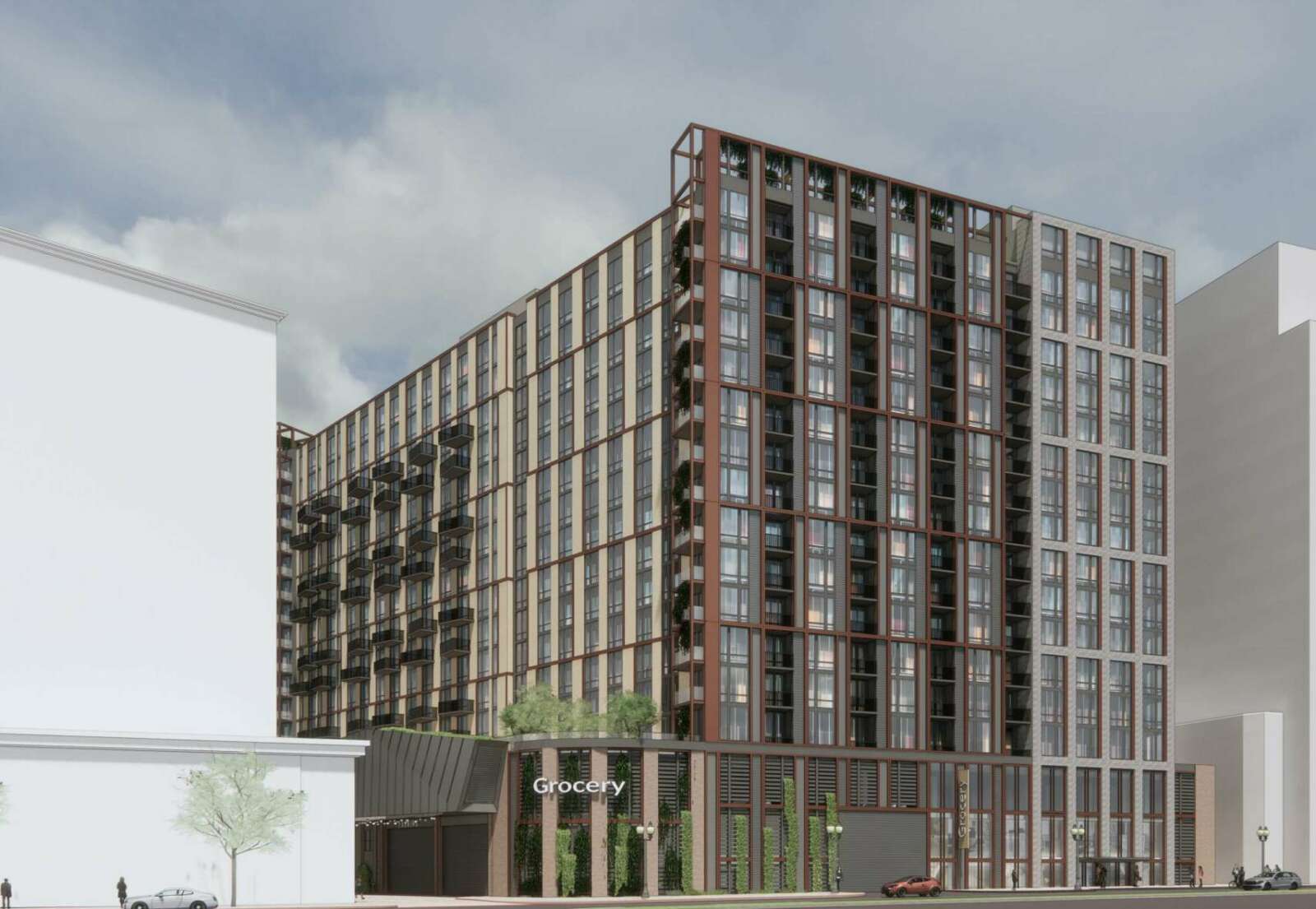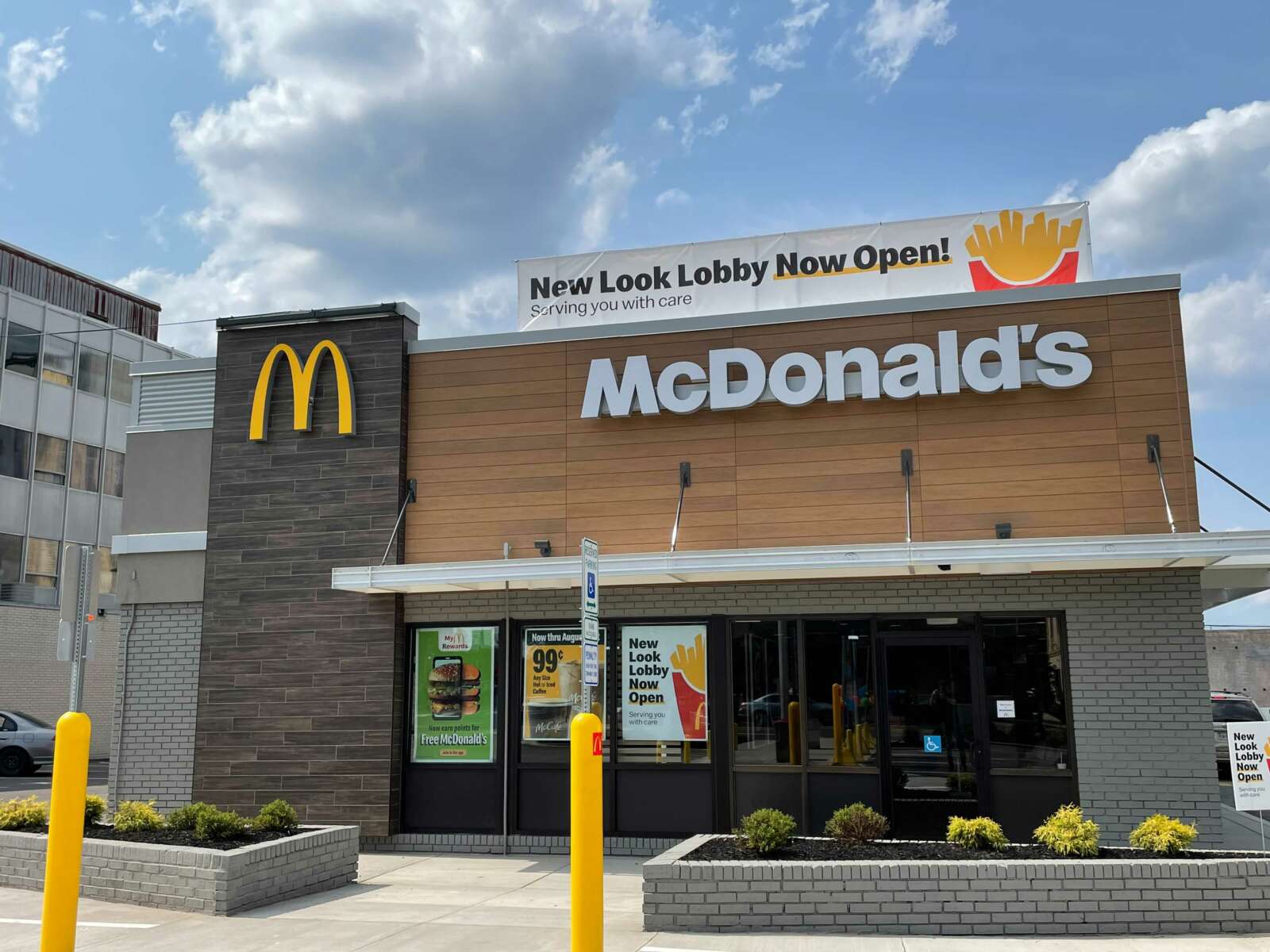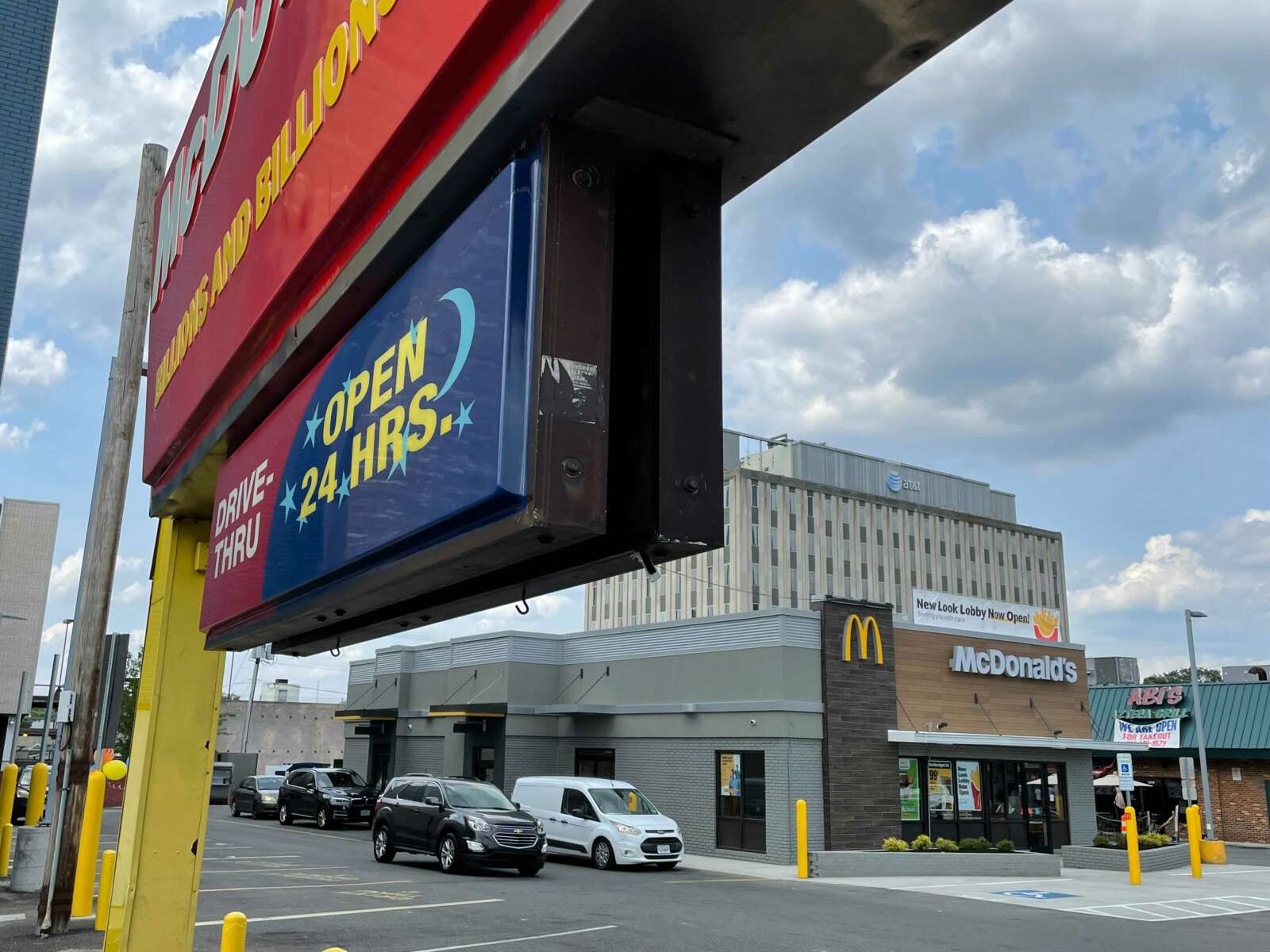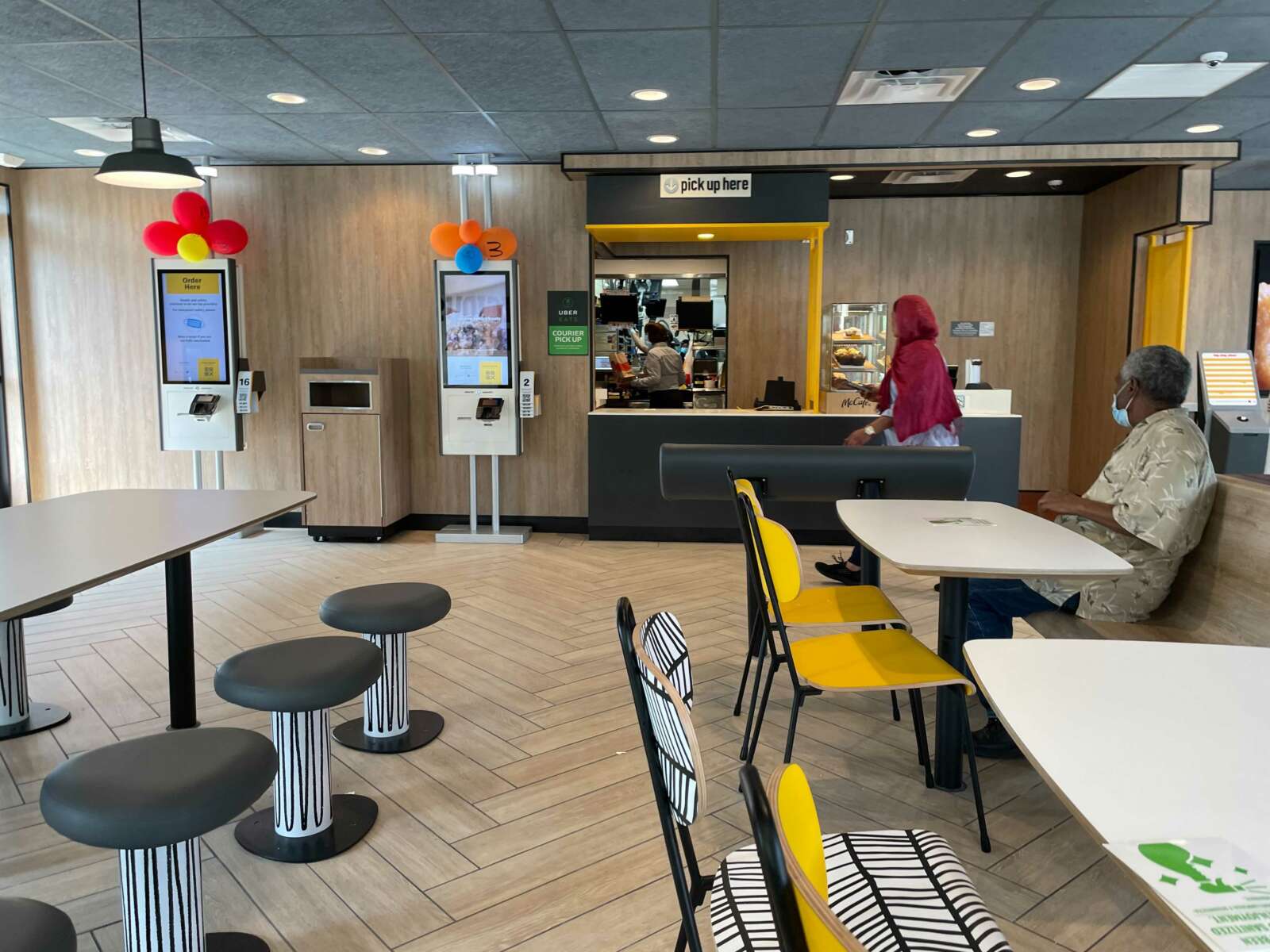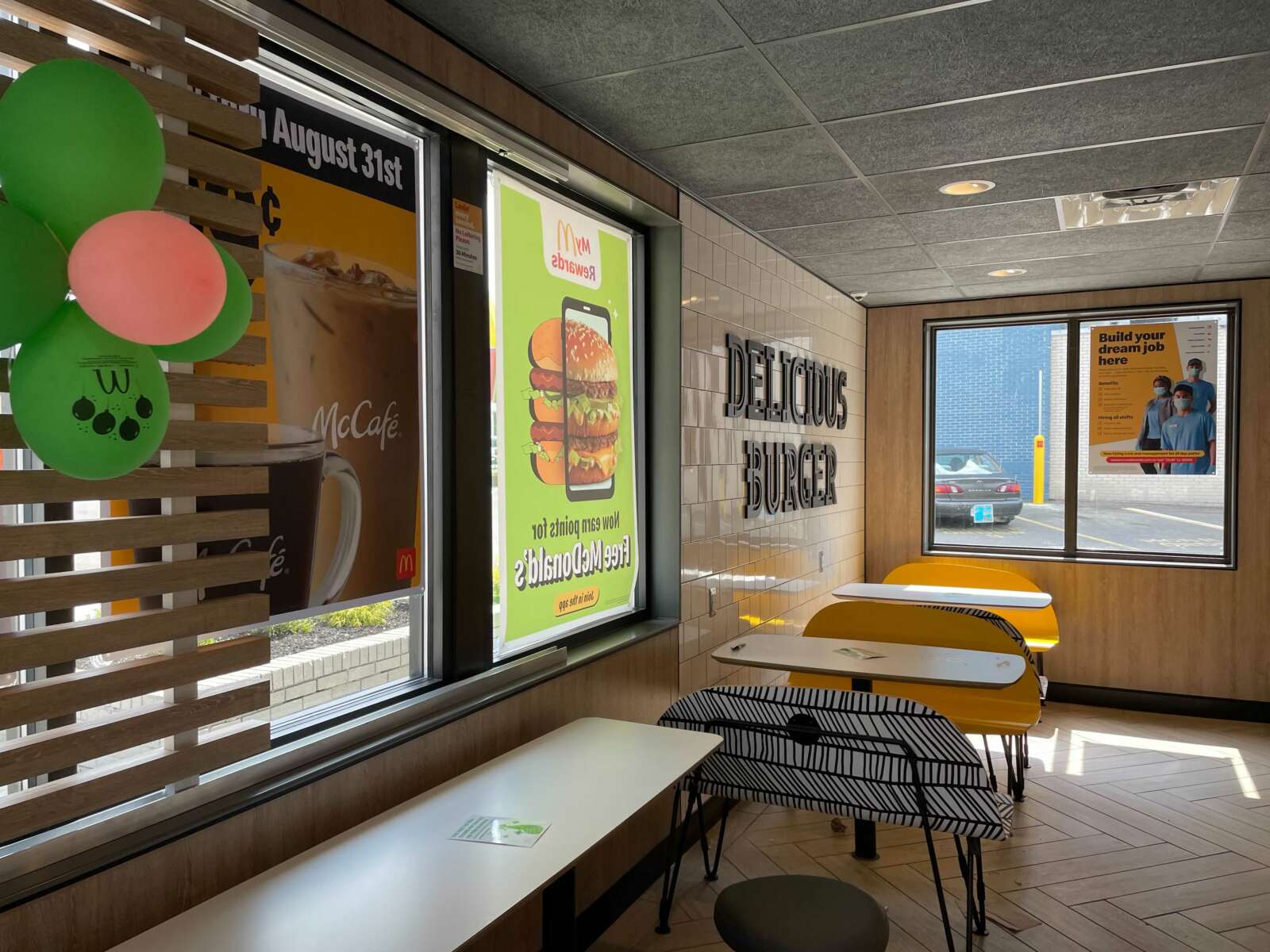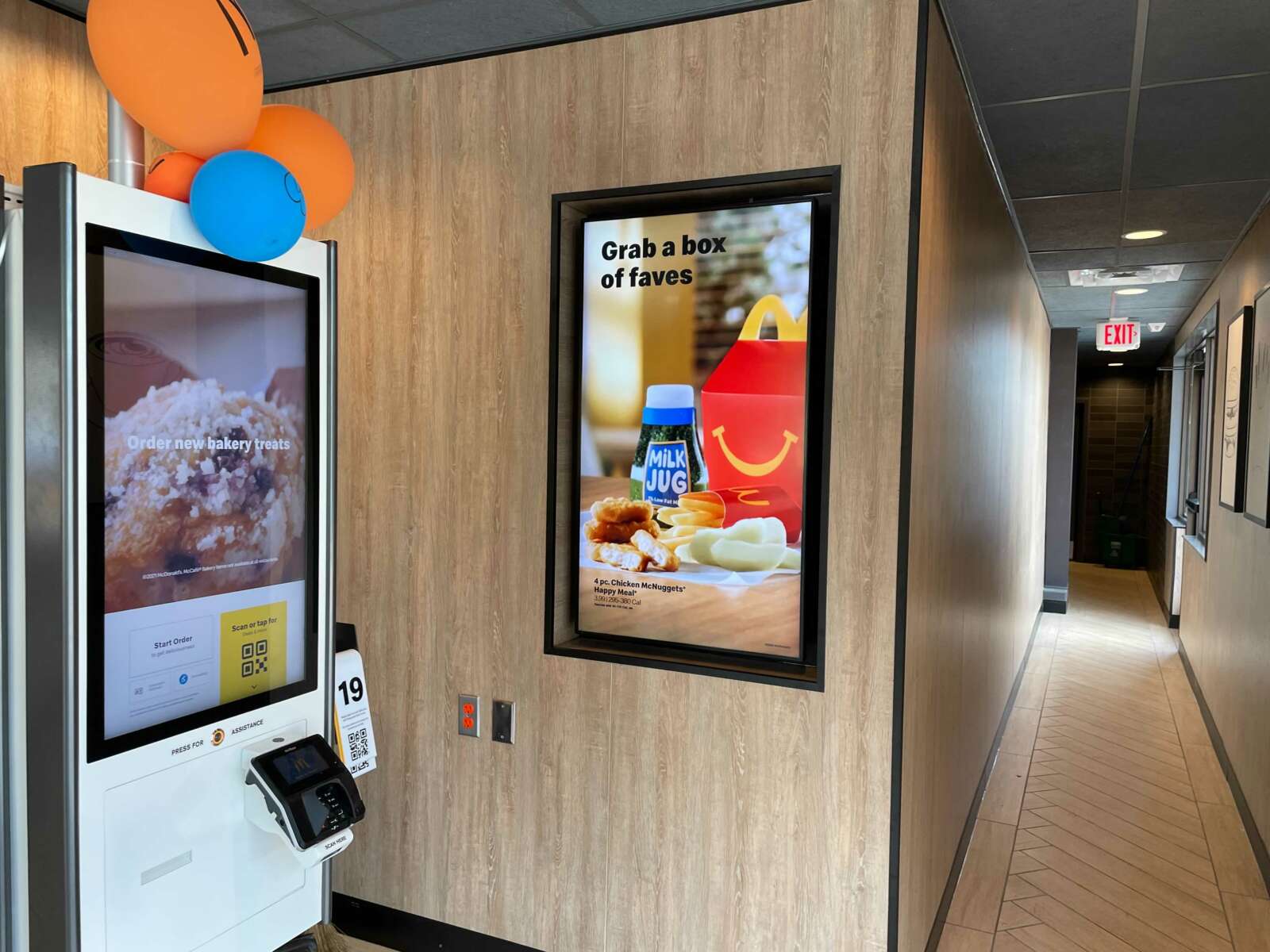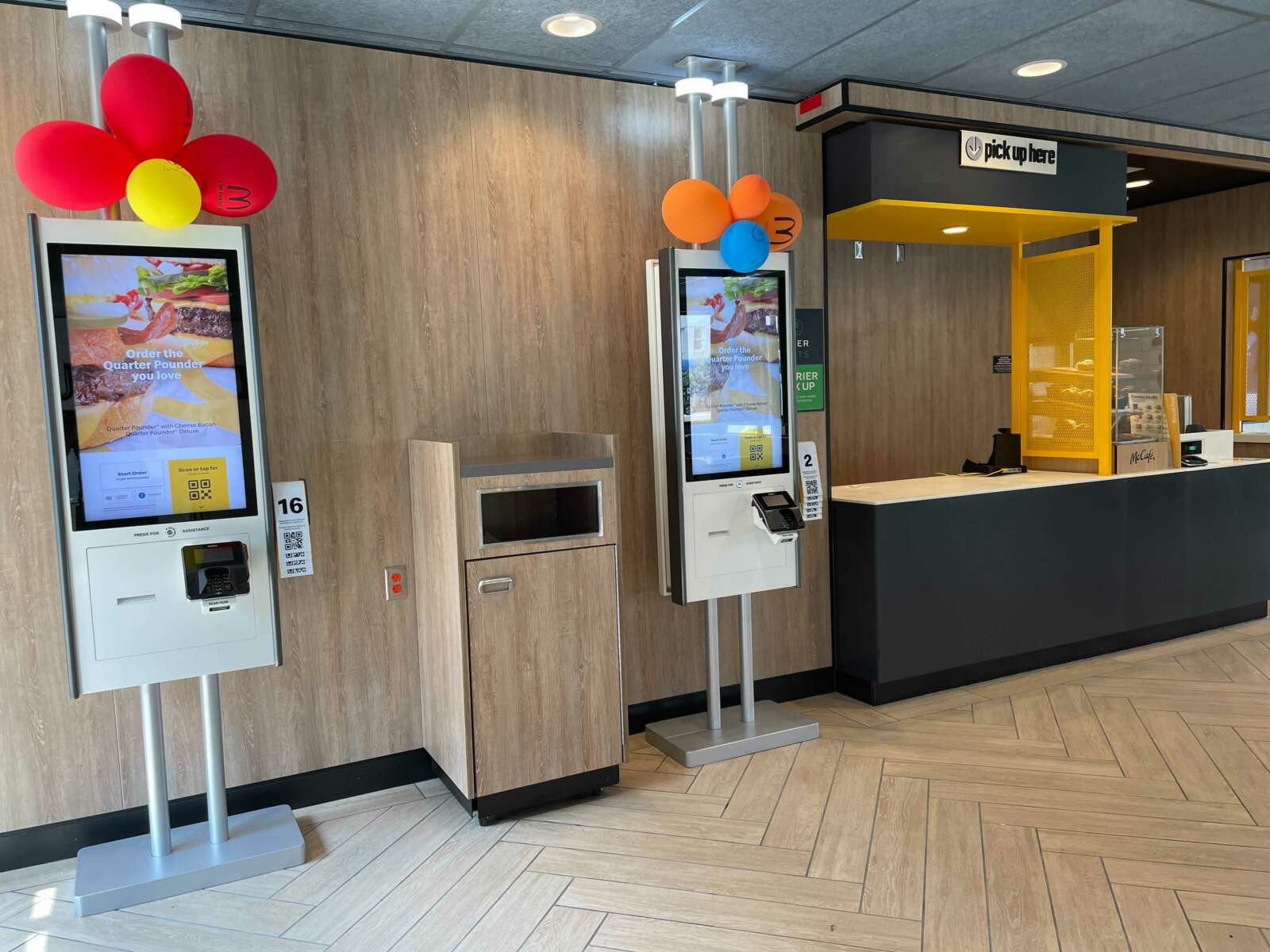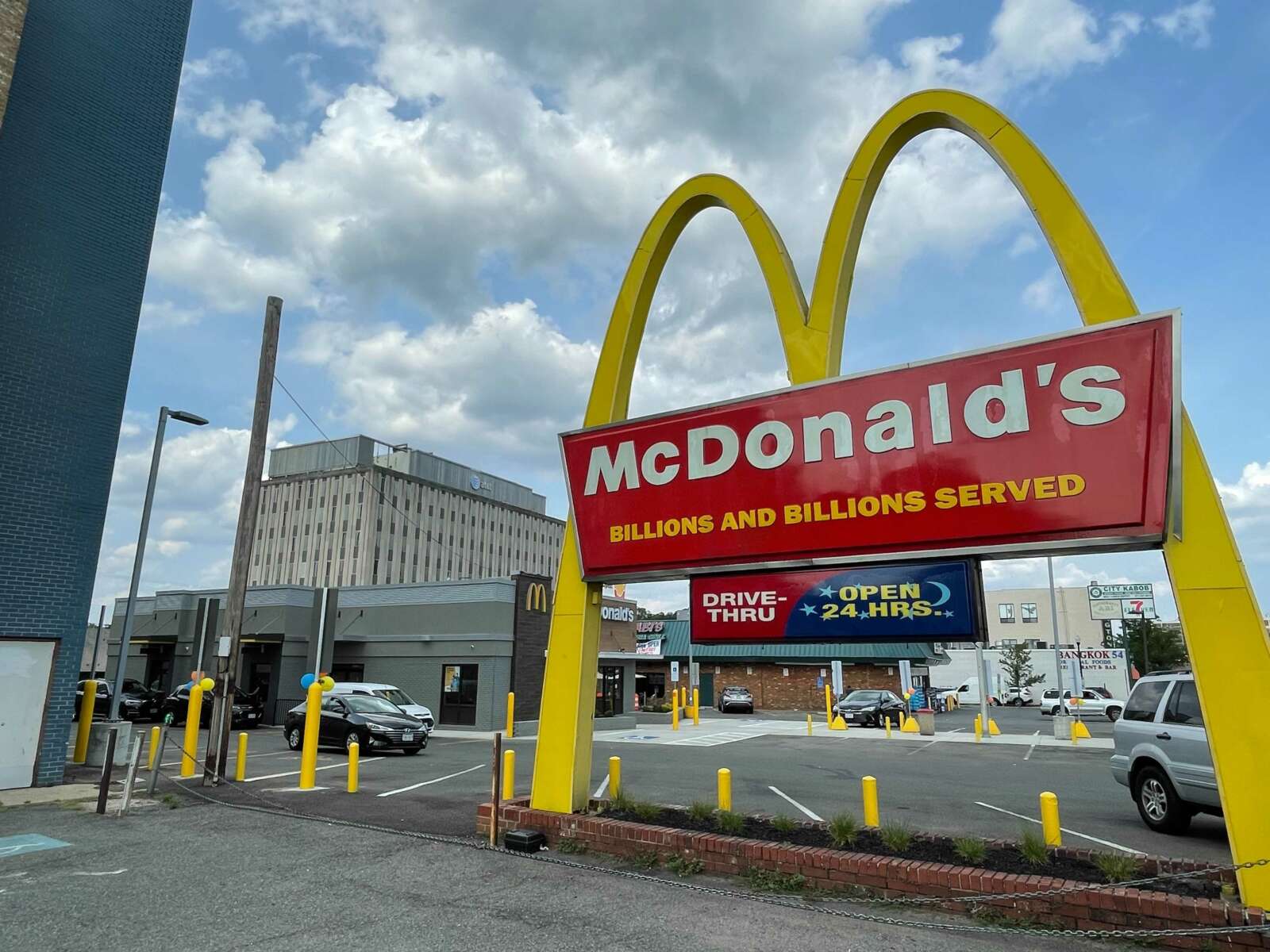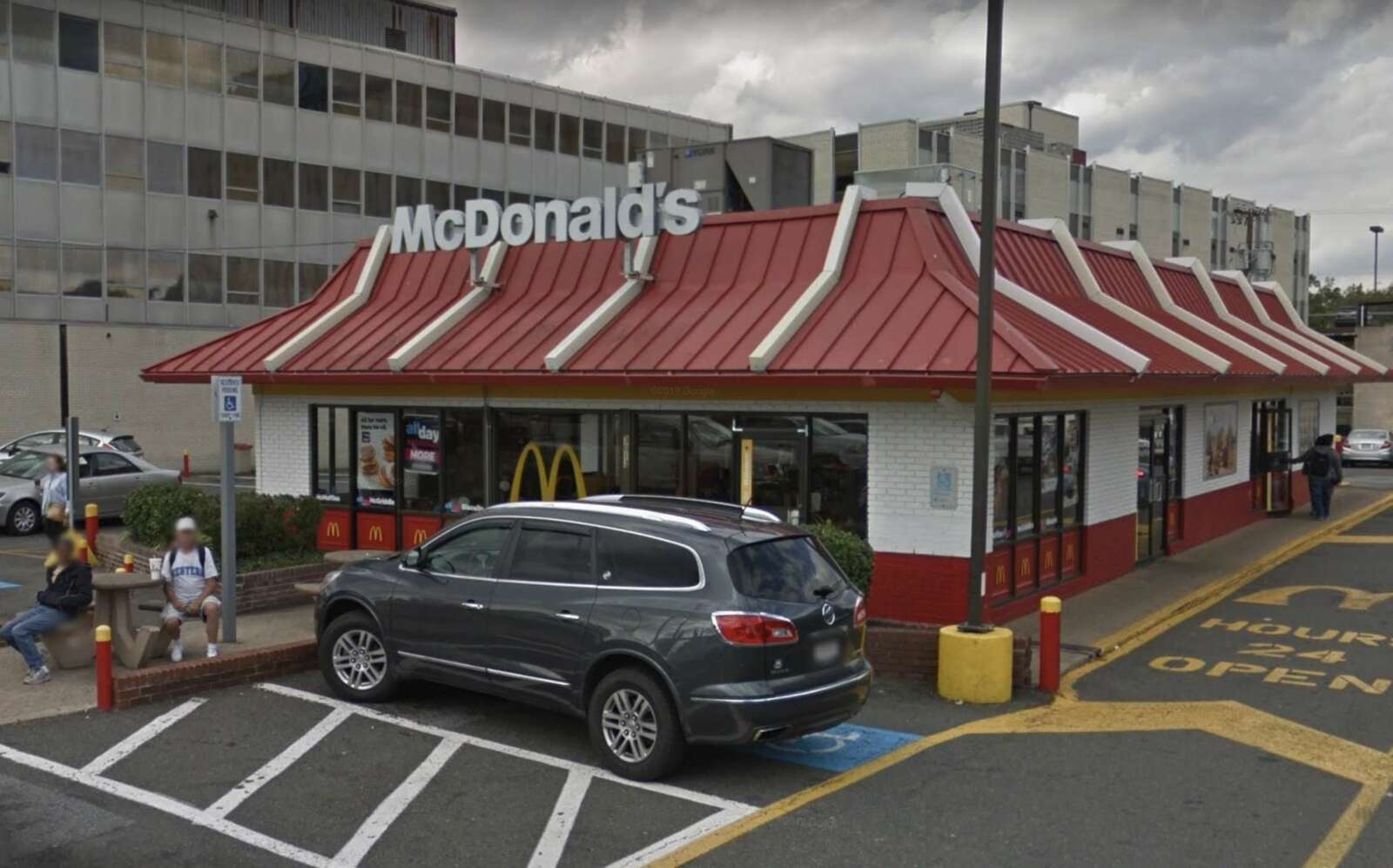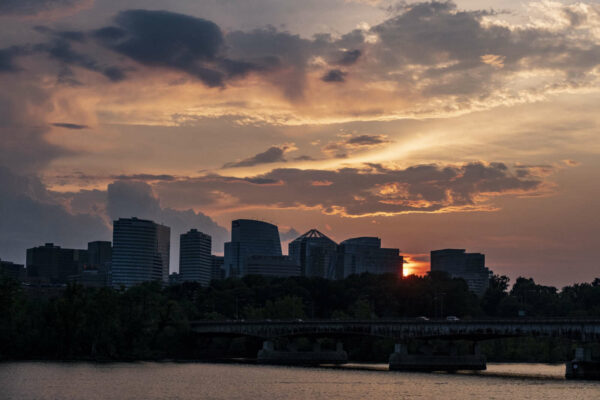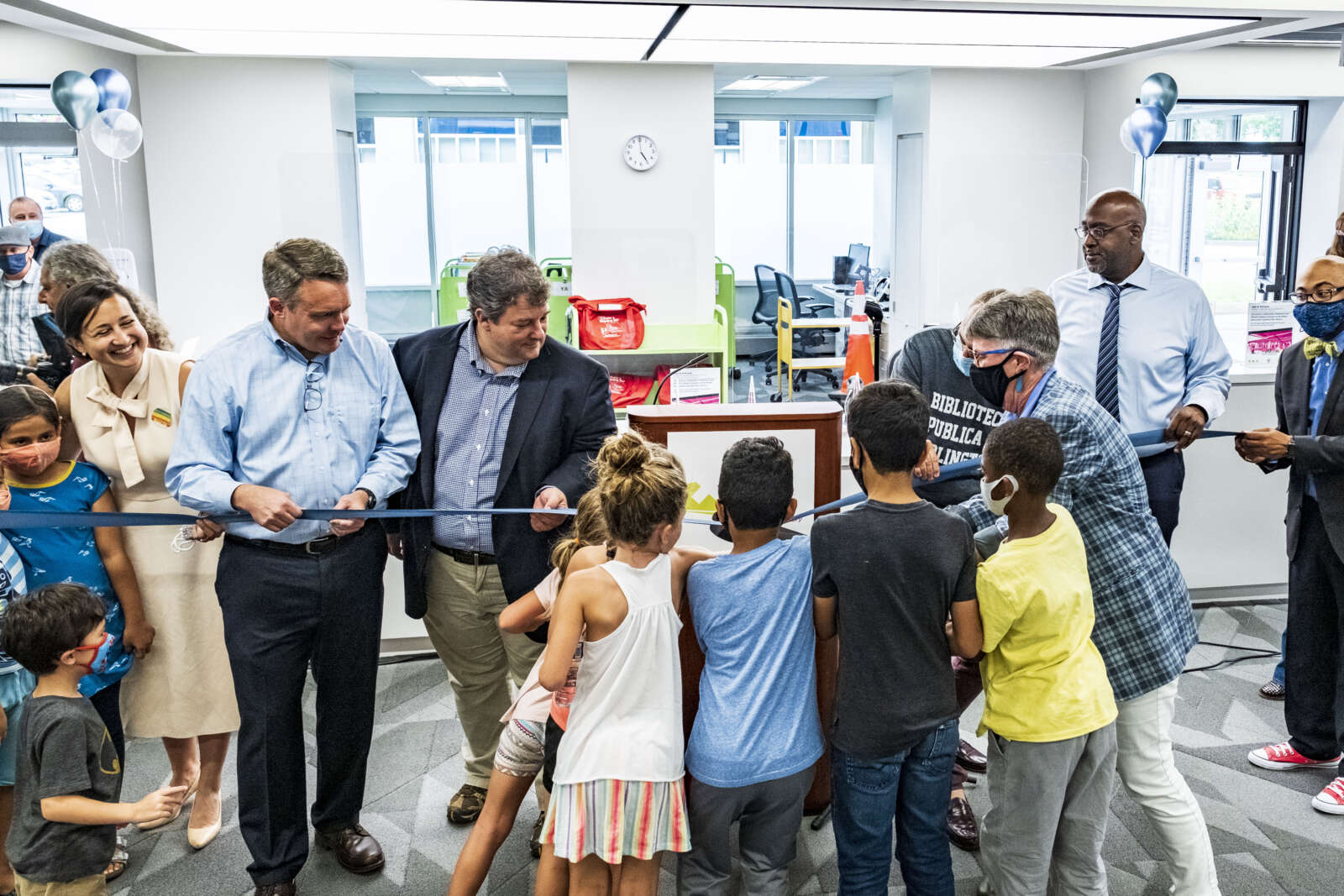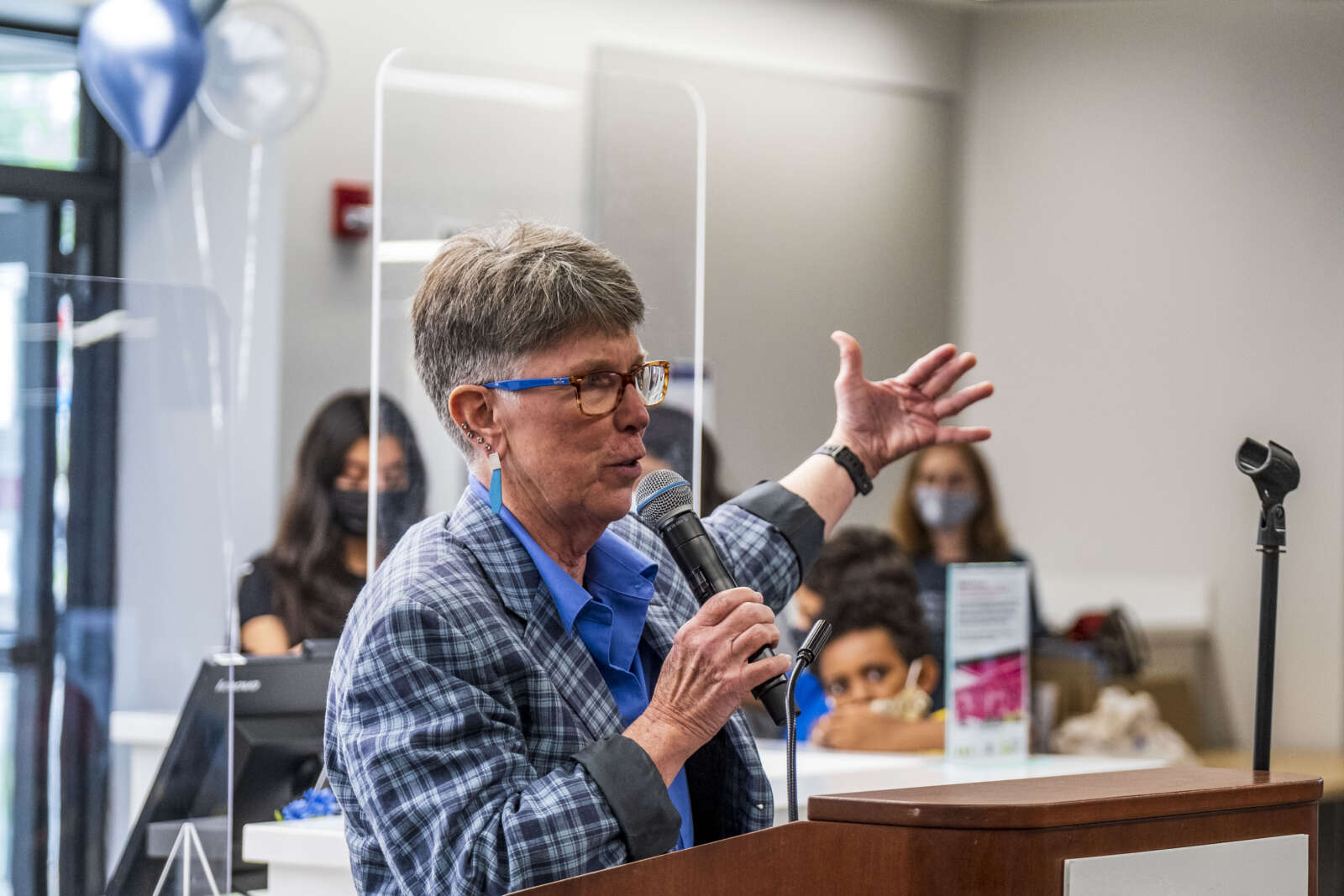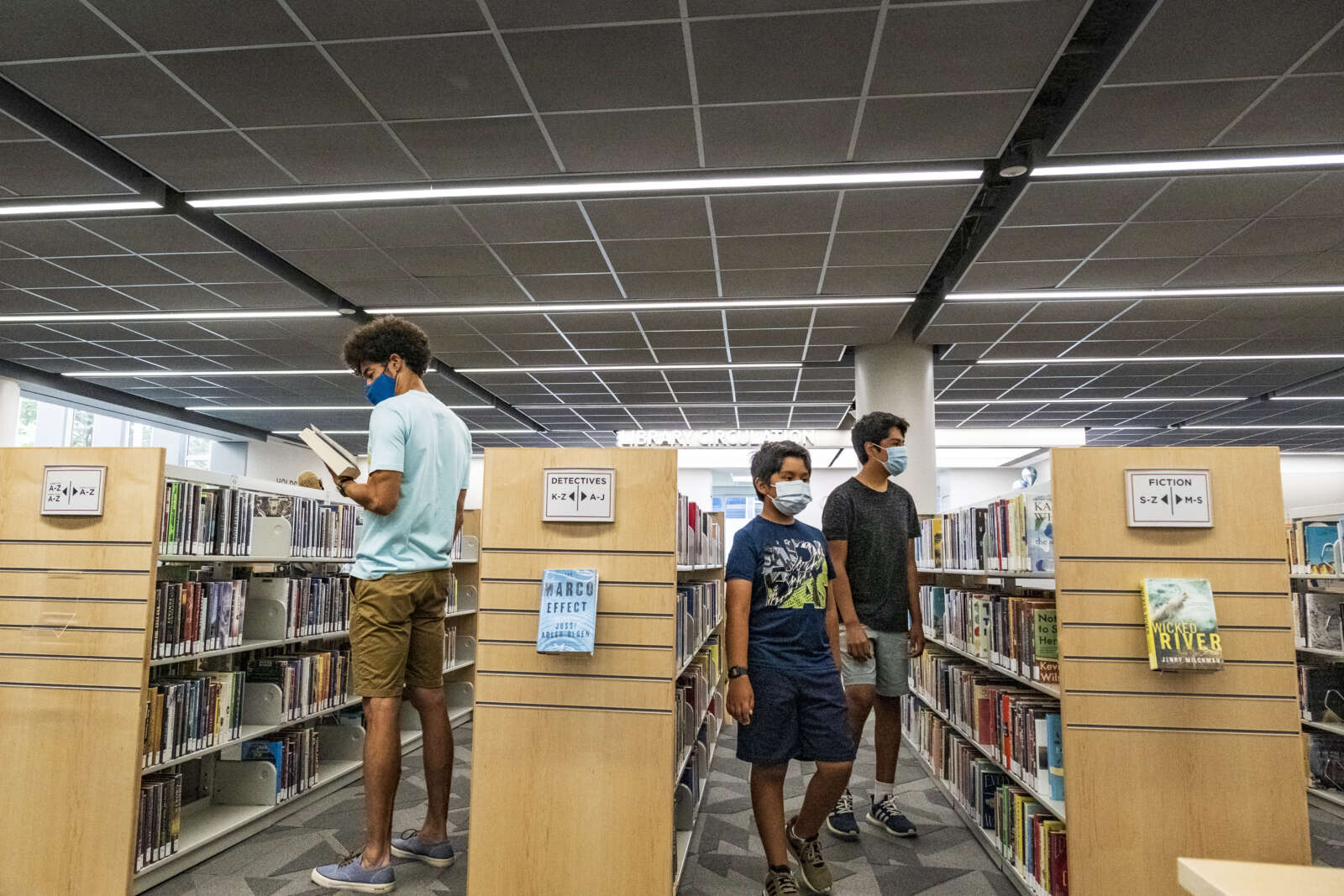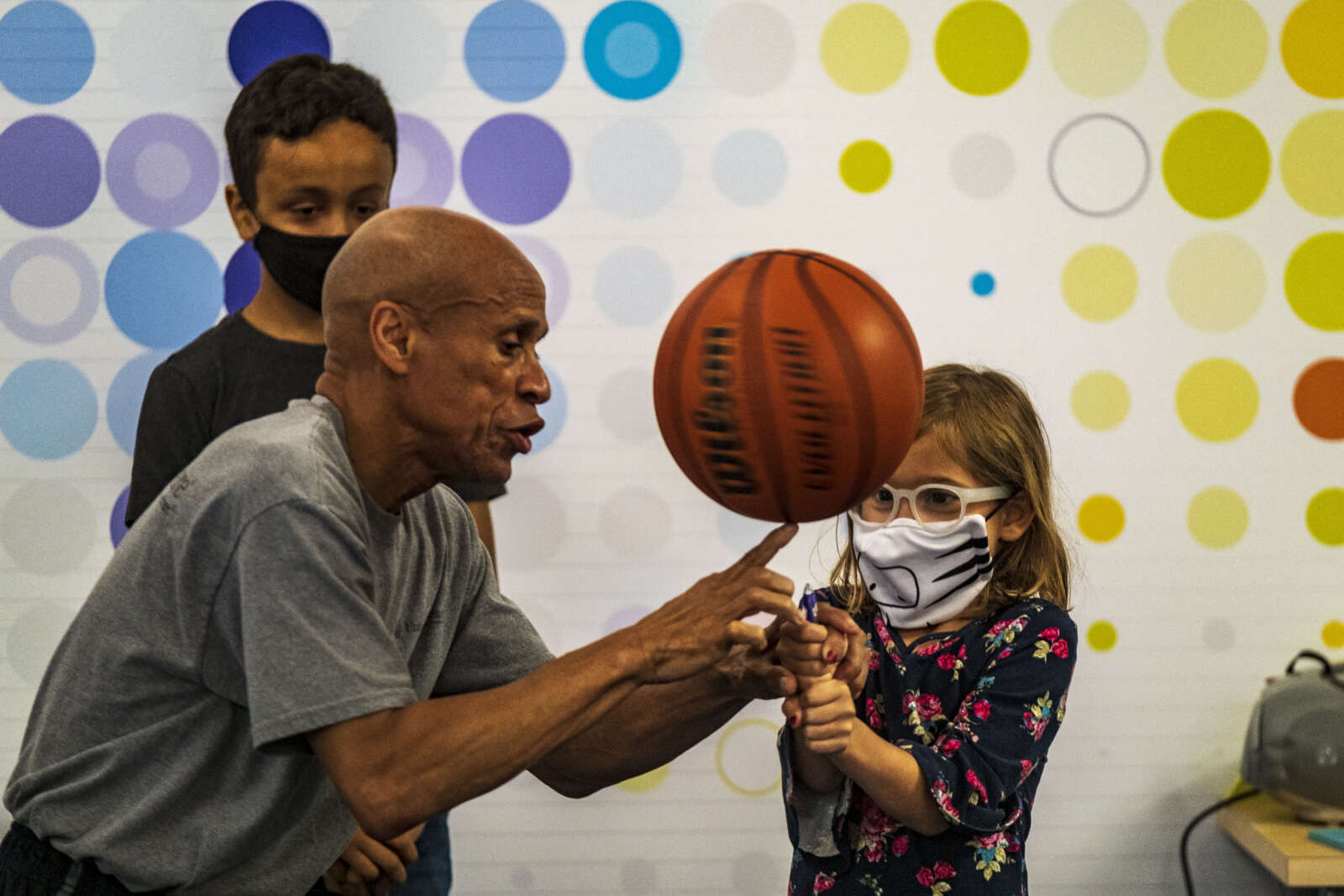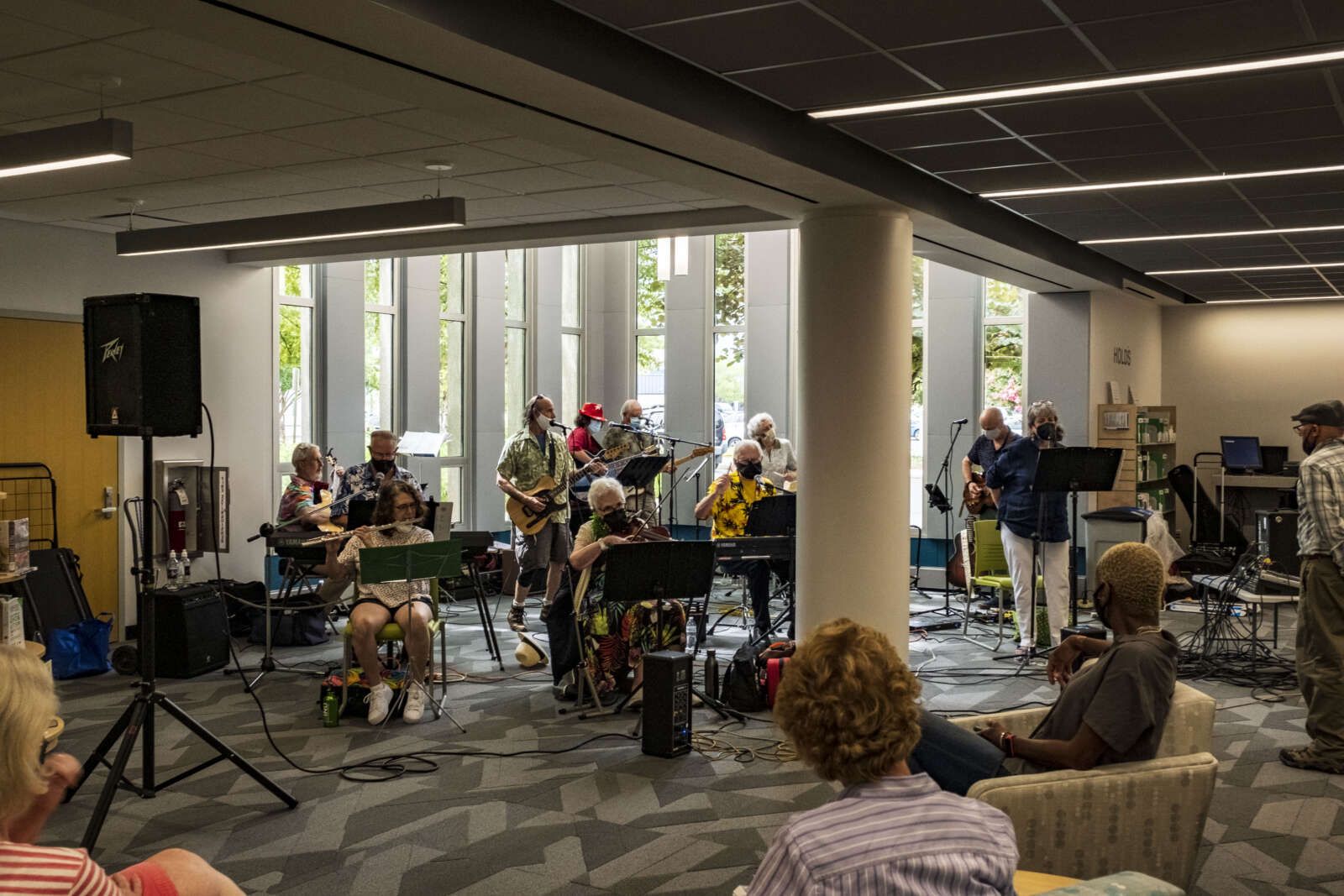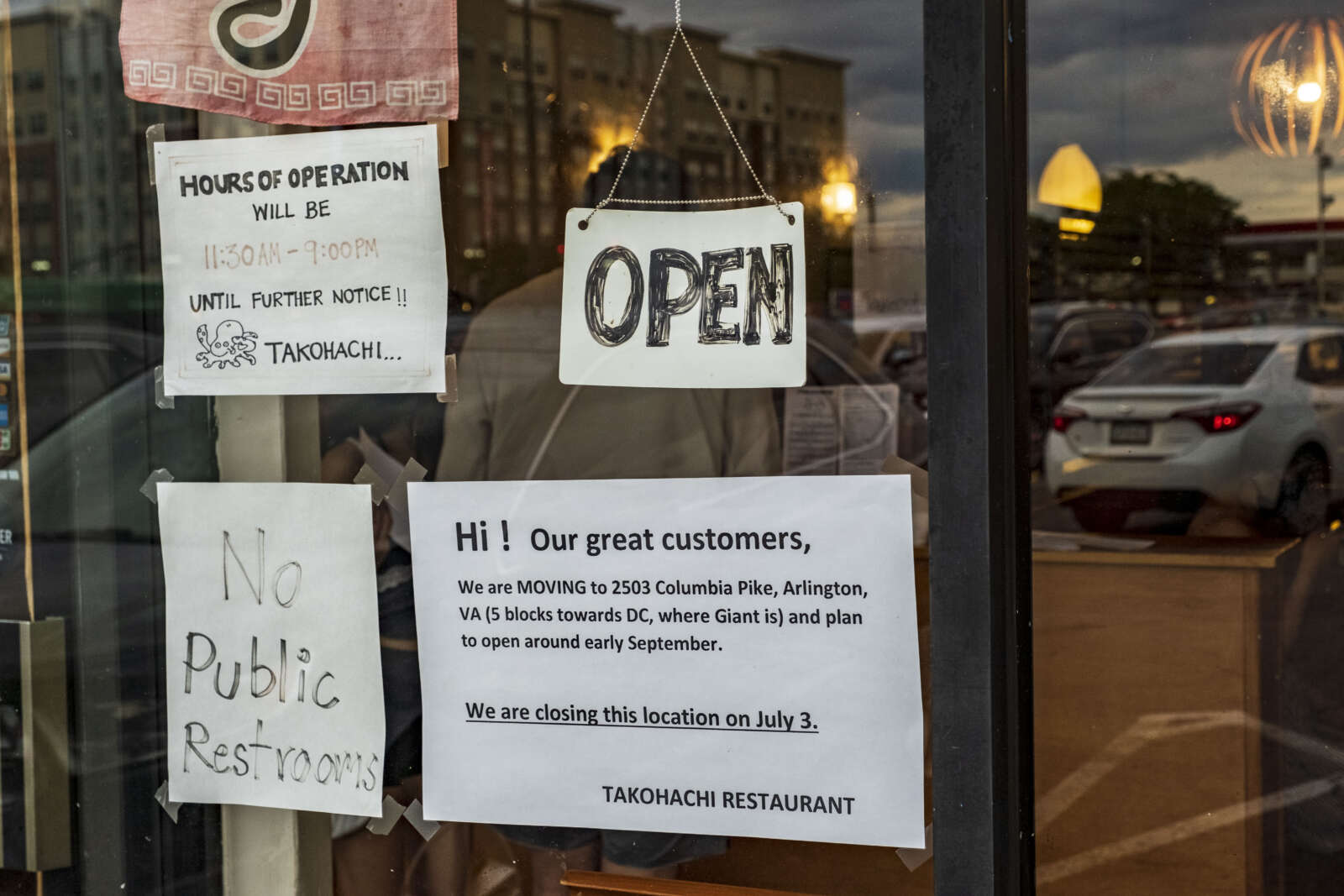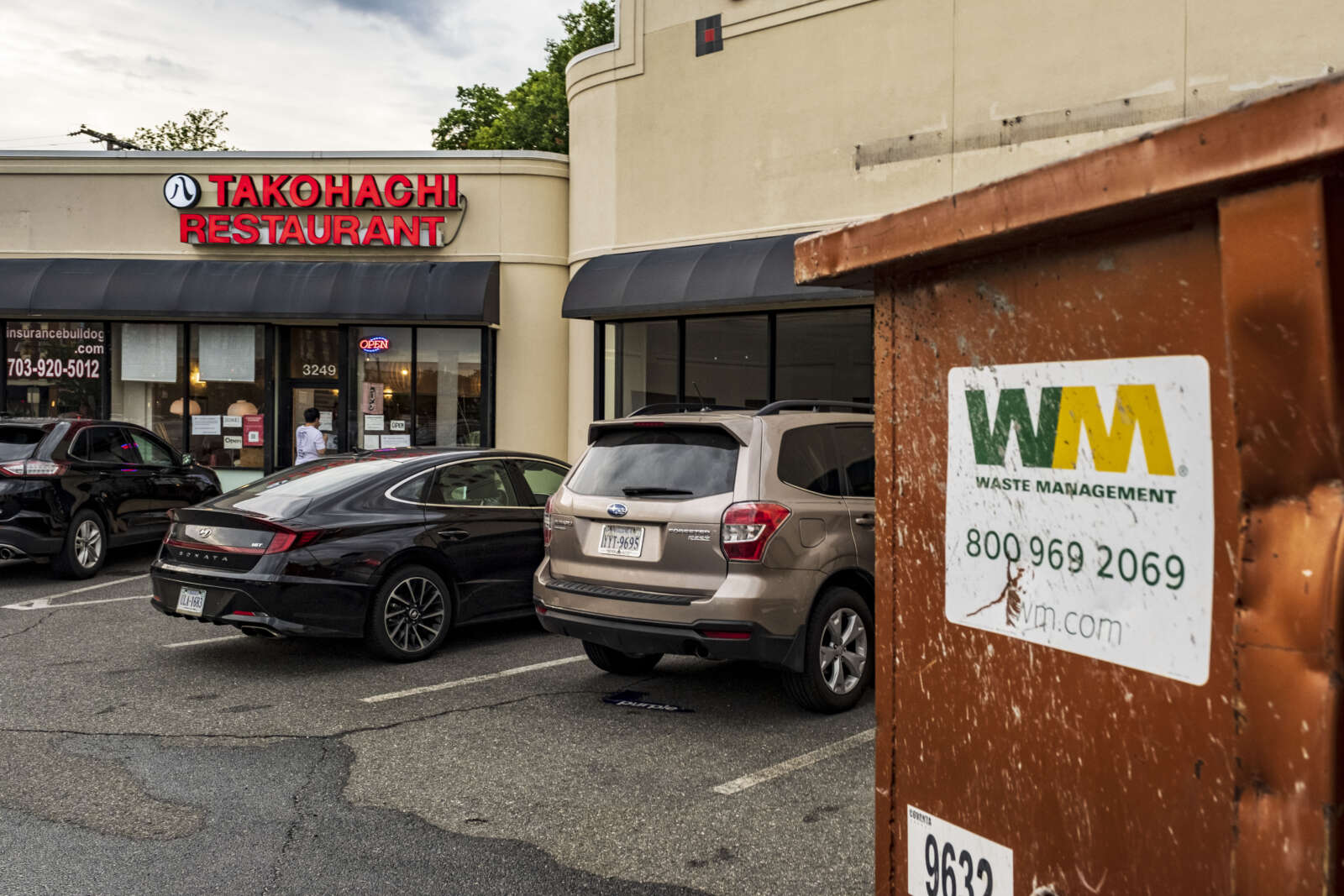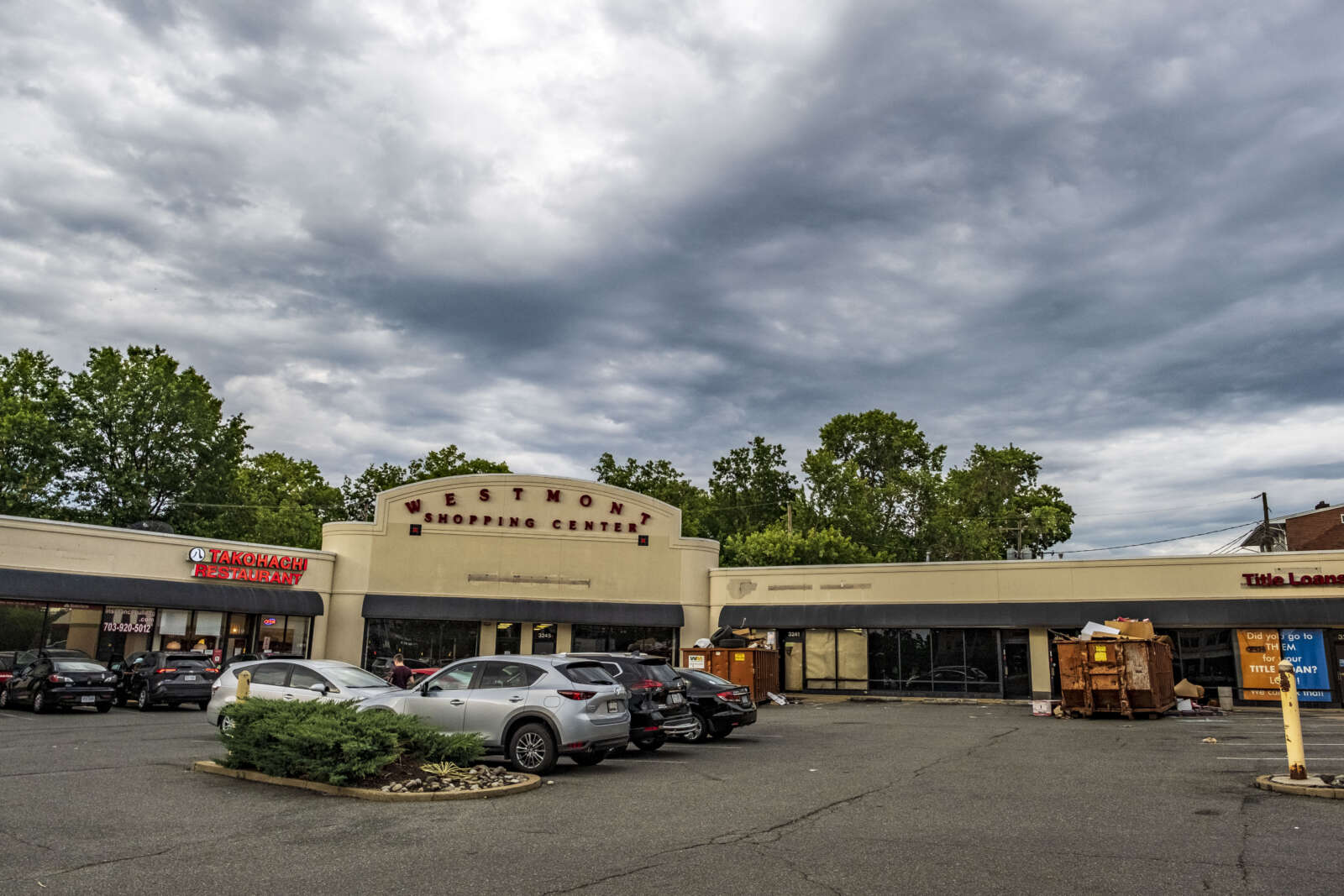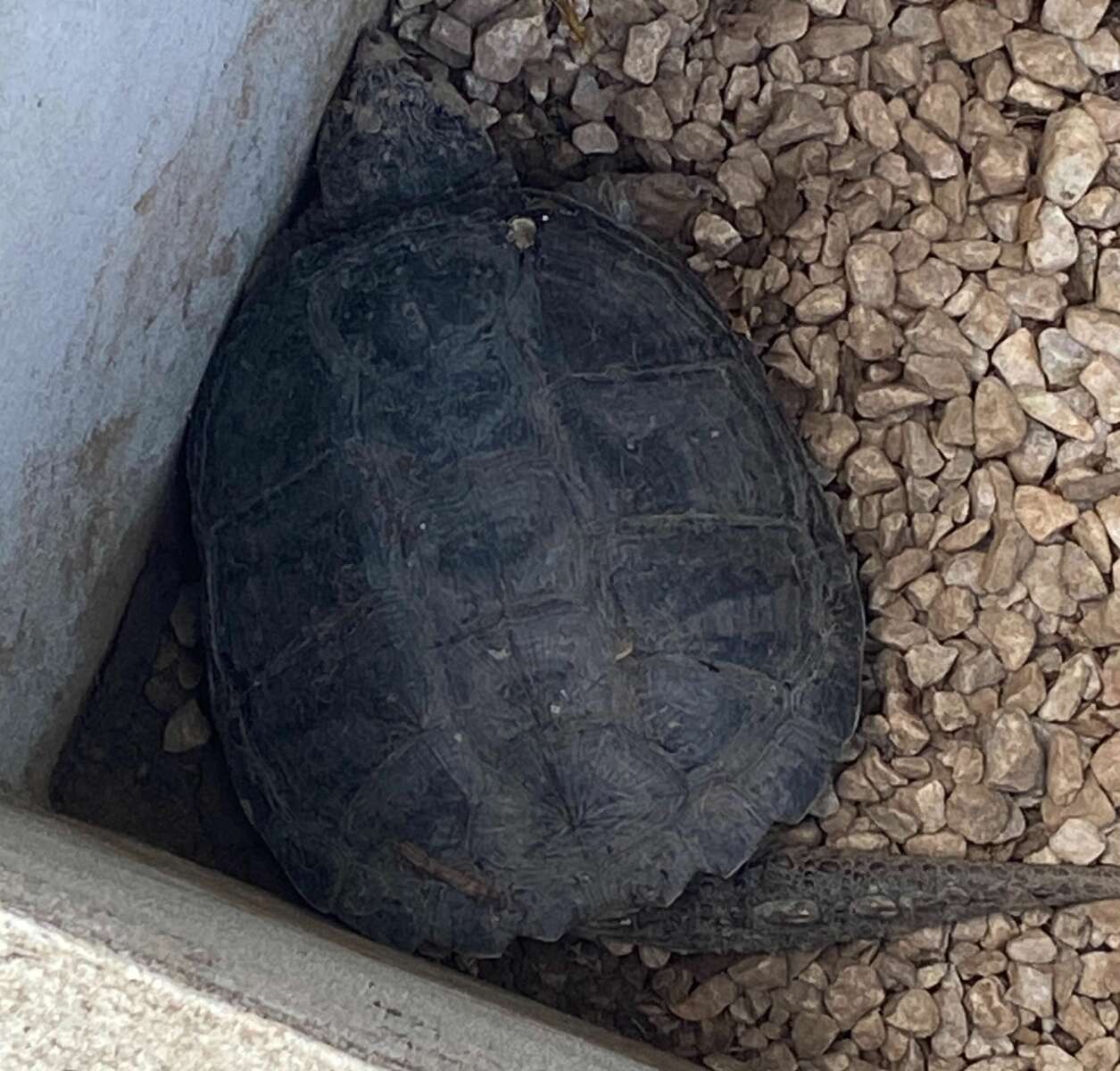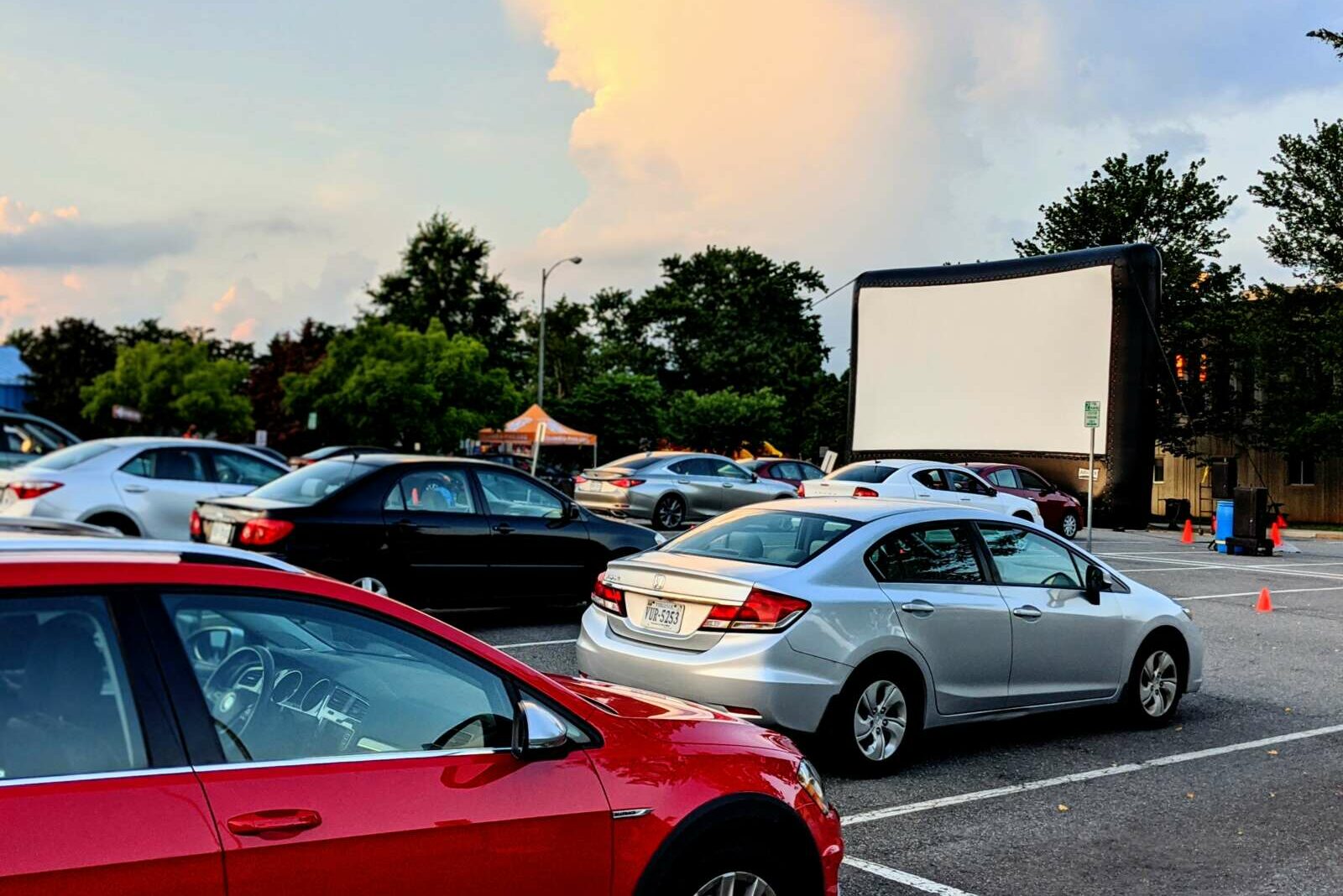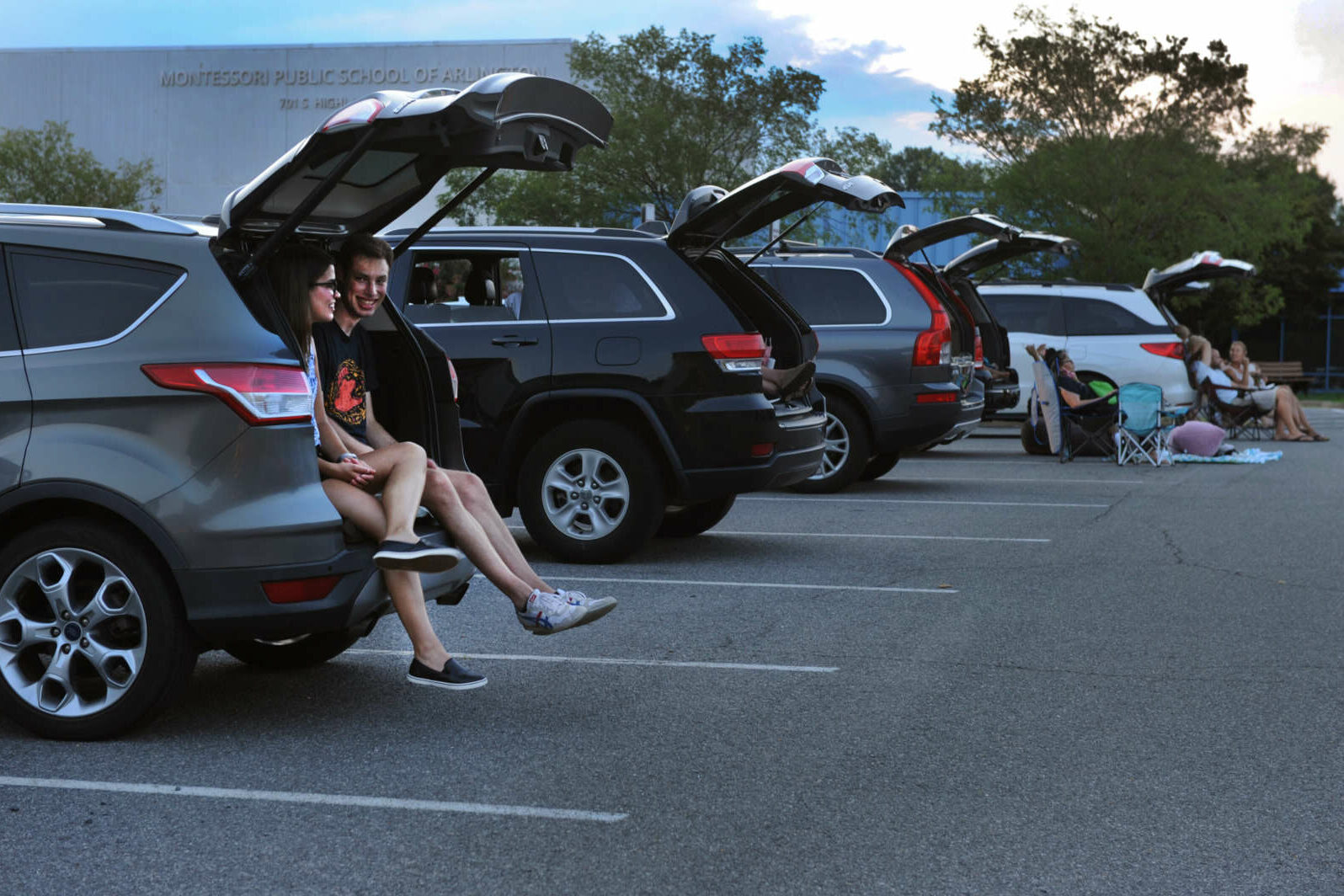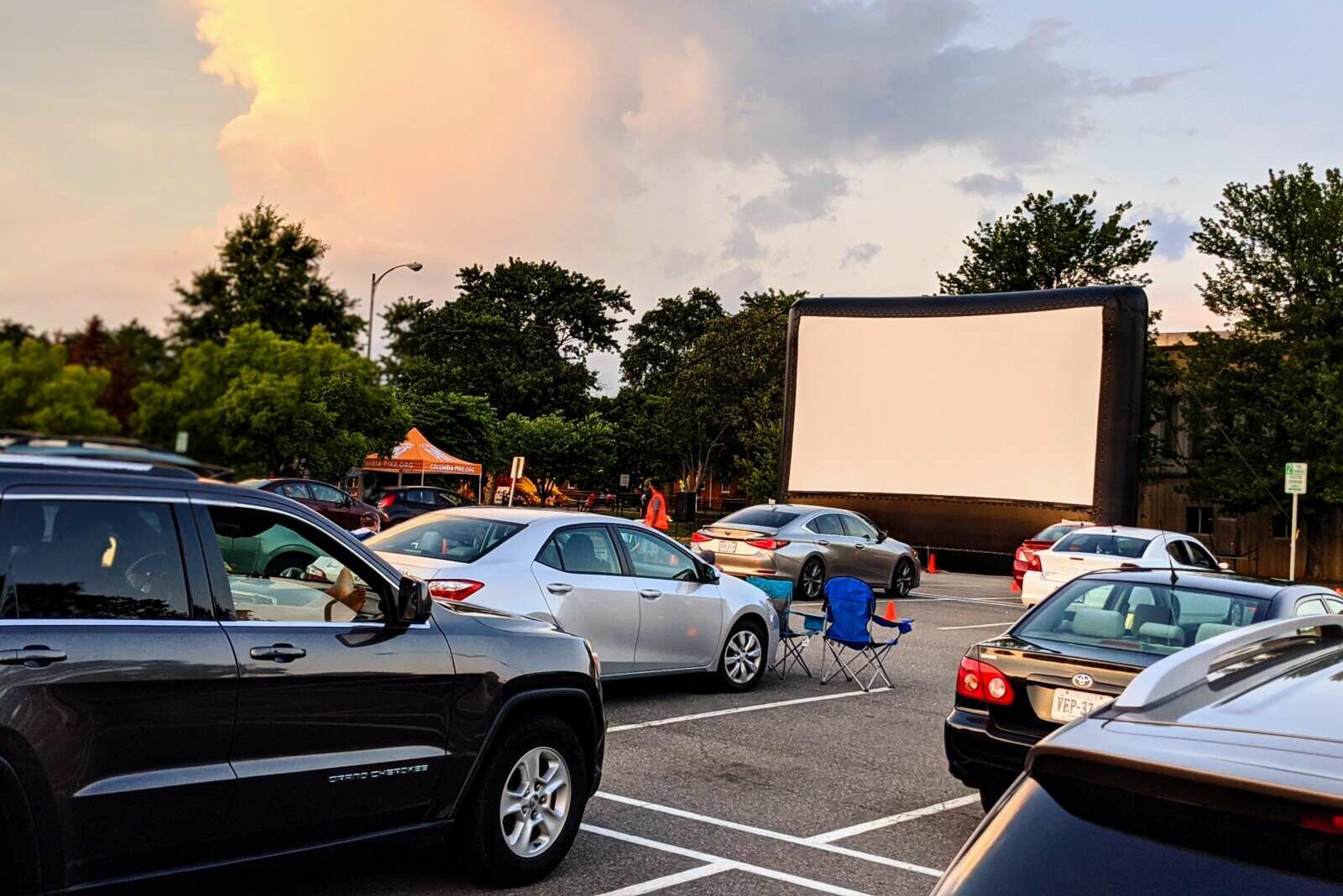On a quiet residential street near Arlington Blvd, cars can be heard accelerating as they turn a corner, with their aftermarket exhaust giving off a loud “roar.”
Meanwhile, near Columbia Pike, cars rev up and drag race on S. Columbus Street by Wakefield High School.
“I’m eight stories up — not at street level, so to speak — so maybe you expect the noise to dissipate,” Betsy Thomassen tells ARLnow. “It’s Wednesday, and it’s happened five to six times… it’s just incredibly loud and a nuisance. In my condo, my furniture sometimes vibrates. That’s kind of incredible really.”
According to residents who have spoken to ARLnow, and who’ve posted on social media sites like Facebook and Nextdoor, there been a surge in modified cars speeding through neighborhoods. Some residents say the uptick is particularly bad along the Columbia Pike corridor and in the Clarendon area, and along the highways that crisscross the county.
“Anywhere there’s a corridor, you have high performance cars,” said Clarendon-Courthouse Civic Association President David Cheek, who even compiled a video, below, of modified cars roaring through his neighborhood. “It’s really rude to accelerate in an area with a lot of people, in a loud car, but there’s a ‘do whatever you want’ mentality.”
After nearly a year of receiving more complaints than usual, the County Board is preparing to take a number of steps to mitigate noise in Arlington and enforce noise maximums on cars and motorcycles, according to Board member Takis Karantonis.
One avenue members are pursuing is via the state legislature. The Board aims to have something on their legislative agenda for the next regular session in January, Karantonis said. They’re also looking to train police officers to engage drivers in conversations and get them to change their attitudes.
“I think that the County Board as a whole is interested in a way to enforce and discourage overwhelmingly noisy motoring in Arlington, especially in neighborhoods,” he said.
Diagnosing the problem
A lot of the especially noisy cars are running aftermarket exhaust systems made for racing, Cheek said. He theorizes that with extra time on their hands during the pandemic, more folks got interested in car modifications.
There is an entire, sophisticated industry around these mufflers, but there is very little regulation, Karantonis said, adding that he understands that modified cars sell like hotcakes in motoring and touring fairs.
One reader told ARLnow that the new noise isn’t always associated with higher speeds.
“They often ‘sound’ as though they are also speeding, yet I’ve seen several that are loud, but didn’t appear to be speeding,” one said. “I suspect that those nature of the modifications.”
As a car and motorcycle enthusiast, Cheek said he understands the appeal of modifying a vehicle and wanting to enjoy it.
“I feel for them,” he said. “But they have to understand there are a lot of people who’re upset about it — on Columbia Pike and in Clarendon — and that it’s not fair to everyone else.”
He added that noise pollution “isn’t just annoying — it impacts your mental health, and it actually affects your life.”
Considering legislation
Karantonis said there are a few paths on the table, from enacting legislation to educating drivers.
Legislative action will be somewhat tricky, in part because a new state law went into effect in March that says police officers cannot initiate a traffic stop for, among other things, loud mufflers. The code still allows drivers to be ticketed for noise if they were pulled over for a violation such as speeding.
The law, sponsored by Del. Patrick Hope (D-Arlington), was passed to reduce racial disparities in traffic stops, as some police officers historically used pretextual reasons — such as a loud car or expired tags — to pull over residents and search their cars.


